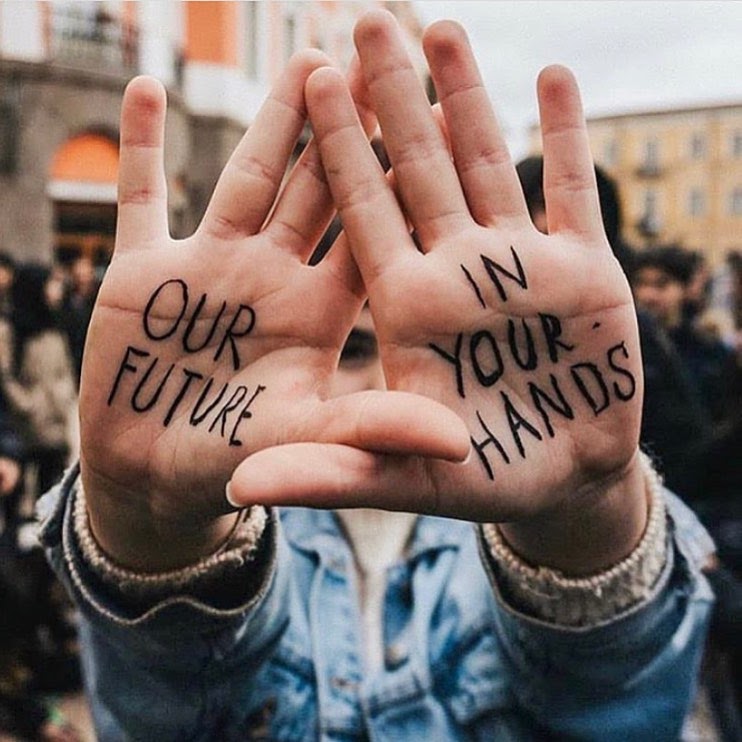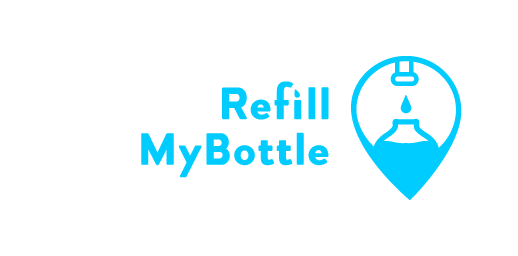W
hen you were young, did you consider climate change and the environment as a pressing concern? Climate change has now become a great worry among the young generation. This sensitivity towards nature is made possible thanks to the education program, for instance, or association. The young generation needs to be made aware of the stake they will have to face in the future. They have already started to react. The aim is to move towards a better environment situation.Youth Action for the Climate in Southeast Asia
Young people are the future leaders who will need to take action in mitigating climate change. Numbers of environmental projects have been initiated by youth across the world, including Southeast Asia. Young people are getting involved in organizations that work to preserve the environment.
In this article, we want to highlight some initiatives that enable young people to take action for the environment.

Malaysia and the Tzu Chi Collegiate Youth Association
Tzu Chi is an international humanitarian organization whose goals are amongst others to create a better world. One of its mission is “environmental protection and community volunteerism”. The founder of Tzu Chi, Dharma Master Cheng Yen, is encouraging everyone around the world to take action for climate action for 30 years!
She has been encouraging the volunteer to adopt a vegetarian diet to reduce their impact on the environment as livestock farming has a huge ecological footprint. Livestock farming is responsible for 63 percent of the Amazon rainforest “the lungs of the earth” deforestation (Greenpeace “Amazon: an inestimable ecological heritage in danger”, 2016).
Wong King Yew – a 4th-year university student – shared with us his experiences as a volunteer of Tzu Chi Youth in Malaysia since 2015. His peers and himself try to reduce his meat consumption and encourage others to do so. In addition, volunteers take part in recycling activities. The association has recycling points where volunteers collect and sort waste, like plastic, newspapers, carton boxes, or clothes. The aim is to raise awareness among the public and encourage them to buy more reusable items or at least avoid single-use plastic products.
Youth are getting more conscious every day that something has to be done to save the planet and the future of humanity.
When are you going to take action for our future?
Photo credit: World Youth Foundation
Vietnamese youth make changes toward plastic-free
The Vietnamese Ministry of Natural Resources and Environment took a pledge to reduce by 65 percent non-biodegradable plastic bags by 2020. Indeed, Vietnam ranks fourth among the five countries that have the biggest volume of plastic debris entering world oceans.
Linh – a university student in Ha Noi – gives us her testimony on how Vietnamese youth tackle the plastic problem. More and more students decide to get rid of single-use plastic, such as straws or plastic containers, and now prefer using reusable items. She notices that youth get more aware of environmental concerns.
These changes pose an impact on brands as well, such as Highlands Coffee – one of the most important and notable coffee chains in Vietnam. The company gave up using plastic items after a petition was signed by thousands of people.
The movement does not only take place in big cities but also on the coast. Every week in Han Tinh province beach clean-ups are being carried out in which everyone is encouraged to partake, to help raise awareness among the collectivity.
The Philippines educates young people to be future eco-citizens
Maki is what is called a “green educator’”. He volunteers for Greenducation Philippines – the youth arm of the Department of Environment and Natural Resources – Environmental Management Bureau (DENR-EMB). The goal is to raise environmental awareness among youths. He fairly pinpoints that he believes today’s youth will be the future politicians, innovators, lawmakers, digital natives, nation-builders, or the voice of the nation.
To achieve their goal, green educators are teaching how to adopt a zero-waste lifestyle based on the 7R:
- Refuse what you don’t need, i.e. say no to single-use straws in restaurants.
- Reduce what you have.
- Reuse by buying reusable items.
- Rot, compost what you have left.
- Recycle, either downcycling (creating new products from an old one) or upcycling (adding value to an existing product).
- Rethink your way of living to add more eco-friendly options, i.e use rainwater for gardening.
- Relay, share what you know, what you learn, and what you will know.
The commitment of the Philippines government to educate greener citizens is wonderful and highlights the fact that youth is the one who will implement the changes to save our planet.
